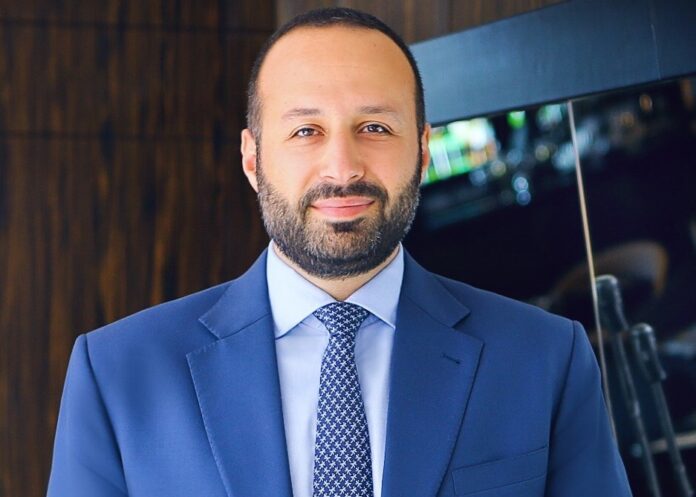In the classic 1990s sales movie ‘Glengarry Glen Ross’, a despotic real estate brokerage executive urges his harassed staff to Always Be Closing!
The dysfunctional culture of selling at all costs and with little consideration paid to the customer or their needs, may resonate with some investors from this region. Many have lost small fortunes by dealing with unscrupulous financial advisers in recent years, peddling products that are rigged from the start and are often more about increasing the wealth of the manager than the client.
Yet the potential to get stung in this way can be vastly reduced by asking a few simple but important questions and taking the time to do some basic research online.
Few of us would be willing to undergo surgery without knowing a little bit about the physician preparing to operate on us. Still, investors often look no further than the marketing flannel of the firms to whom they are about to hand over their life savings. Our wealth should be no different to our health in this respect.
It is especially important to remember now after a year of rallying markets worldwide. From real estate to equities, the post pandemic bounce may have lured some investors into a false sense of security.
At the same time, a number of high-profile investment scandals across the Gulf have expedited efforts by regulators to root out the cowboys operating in the industry, while making it more difficult than ever before for unscrupulous actors to establish a presence.
The slew of regulatory reform has undoubtedly made it more difficult for rogue firms to fleece their clients.
But regulation alone is not a magic wand and investors must realise that there are still many firms out there who remain all about the closing and less about the advising.
To help avoid being cornered by one of them, investors should take these active steps to educate themselves.
- Before you speak to a financial adviser make sure you have a good understanding of the basics of investing. A good starting point is the CFA Institute Investment Foundations program that covers lot of ground within about 90 hours of study.
- Do your research on the individual that will be advising you and on their employer. How many years have they been operating as an adviser and how are they compensated? What are their qualifications? The term independent financial adviser is often bandied about by firms that are anything but that. You as an investor need to know that the person you are dealing with is being adequately compensated by their employer and is not just chasing fund managers for kickbacks on the investment products they are pitching. If they are not prepared to share their detailed track record as an adviser, alarm bells should ring.
- Look at the footnotes and not just the front page of the investment product. There should be a total expense ratio. If it is a big one, you should ask if the adviser is receiving compensation from the asset manager and if so, how much? There should be no shame in your wealth manager disclosing what their fee structure is based upon. Don’t be hoodwinked by jargon or pre-baked sales rebuttals. If there is something you don’t understand, do not proceed until it is made clear.
- Before talking about rewards, let’s deal with the risks. Ask how much of your capital is at risk and what is the worst-case scenario should everything go south? Historic performance data may be impressive, but past performance is no guarantee of future success.
- Be aware of your own behavioural biases that may attract you to certain asset classes while deterring you from exploring others. Here your wealth manager should be able to advise not just on potential returns but on liquidity, risk, regulation, tax, time and all the other aspects of financial planning that are so often overlooked.
With these tips in mind, investors can go a long way in protecting, and growing, their fortunes.




